This article was co-authored by wikiHow staff writer, Jessica Gibson. Jessica Gibson is a Writer and Editor who's been with wikiHow since 2014. After completing a year of art studies at the Emily Carr University in Vancouver, she graduated from Columbia College with a BA in History. Jessica also completed an MA in History from The University of Oregon in 2013.
There are 10 references cited in this article, which can be found at the bottom of the page.
This article has been viewed 24,167 times.
Learn more...
Sipping lemon water throughout the day might seem like a healthy habit, but it can damage your teeth over time. This is because lemon juice is very acidic and it wears down your teeth's enamel covering.[1] To keep your teeth healthy and strong, make a few simple changes to your morning beverage and give your teeth a little time before you brush them. You can still enjoy your lemon water while protecting your teeth.
Steps
Preparing the Water
-
1Use cold or lukewarm water instead of hot water for your lemon drink. Hot or boiling water softens your teeth's enamel more, which means the acid from the lemon juice can cause more damage. To prevent damage, make your lemon water with cold or lukewarm water.[2]
- You can prep a container of lemon water and keep it in the fridge until you're ready to enjoy it.
-
2Dilute the juice of half a lemon in 4 1⁄4 cups (1.0 L) of water. You don't need to add so much lemon juice that your mouth puckers when you drink the water. Squeeze half of a lemon and pour the juice into a pitcher. Then, pour in 4 1⁄4 cups (1.0 L) of water and stir the beverage.[3]
- Diluted lemon juice doesn't damage your teeth like stronger lemon juice water.
Advertisement -
3
-
4Switch to other natural flavors to take a break from lemon. Instead of adding acidic citrus to your water every day, try flavoring it with sliced cucumber, a sprig of fresh mint, or fresh rosemary. These are gentler on your teeth and they add bright, herbal flavors to the water.[6]
- You can also add fresh tomatoes and basil for garden-fresh water or add cubes of fresh melon like honeydew or cantaloupe.
Protecting Your Teeth
-
1Drink the lemon water through a straw. One of the easiest ways to protect your enamel from damage is to sip the lemon water through a straw instead of drinking it out of a glass. The straw directs the acidic beverage towards the back of your mouth so it doesn't coat your teeth.[7]
- Keep paper or metal straws in your bag if you like to drink your lemon water on the go.
-
2Snack on calcium-rich foods to neutralize acid in your mouth. Eating foods rich in calcium can restore minerals to your teeth, so eat dairy or foods high in calcium. For example, munch on:[8]
- Cheese
- Yogurt
- Milk
- Broccoli florets
-
3Rinse your mouth with water immediately after drinking. After you're done with the lemon water, swish plain water in your mouth for about 10 seconds and spit it out. Rinsing out the lemon with plain water helps you salivate. Your saliva has minerals that strengthen and protect your teeth.[9] [10] [11]
- You can also chew sugar-free gum to stimulate saliva production.
-
4Wait 60 minutes after drinking lemon water to brush your teeth. You might think that you should immediately brush your teeth, but this can damage your teeth even more. The acidic lemon juice softens your enamel so it's more sensitive and prone to damage from scrubbing.[12]
- If you have a hard time remember to brush, set a timer on your phone to remind you.
-
5Brush your teeth with a soft toothbrush and fluoridated toothpaste. Once you've waited at least 1 hour, squeeze toothpaste on a soft or ultra-soft bristle toothbrush and gently scrub your teeth. Work in a circular motion so you're not being too rough on your teeth's enamel.[13]
- The fluoride in toothpaste repairs your teeth's enamel and protects them from further damage.
Things You'll Need
- Straw
- Soft bristle toothbrush
- Fluoridated toothpaste
References
- ↑ https://www.ncbi.nlm.nih.gov/pmc/articles/PMC6235510/
- ↑ https://www.flushinghospital.org/newsletter/the-surprising-benefits-of-hot-water-and-lemon/
- ↑ https://youtu.be/d0poGskmqbQ?t=77
- ↑ https://stonecreekdentalcare.com/the-7-most-damaging-foods-for-our-teeth-2/
- ↑ https://www.mouthhealthy.org/en/nutrition/food-tips/sugary-drinks
- ↑ https://www.bbc.co.uk/programmes/articles/3W9dH2gqbDKz7W1cZqvSw7G/how-can-i-protect-my-teeth-from-acid-damage
- ↑ https://www.flushinghospital.org/newsletter/the-surprising-benefits-of-hot-water-and-lemon/
- ↑ https://www.bbc.co.uk/programmes/articles/3W9dH2gqbDKz7W1cZqvSw7G/how-can-i-protect-my-teeth-from-acid-damage
- ↑ https://www.flushinghospital.org/newsletter/the-surprising-benefits-of-hot-water-and-lemon/
- ↑ https://www.urmc.rochester.edu/encyclopedia/content.aspx?contenttypeid=1&contentid=4062
- ↑ https://my.clevelandclinic.org/health/symptoms/10902-dry-mouth-xerostomia
- ↑ https://www.flushinghospital.org/newsletter/the-surprising-benefits-of-hot-water-and-lemon/
- ↑ https://dentistsatpymble.com.au/lemon-water-and-your-teeth/
- ↑ https://www.ada.org/en/press-room/news-releases/2013-archive/june/american-dental-association-statement-on-regular-dental-visits
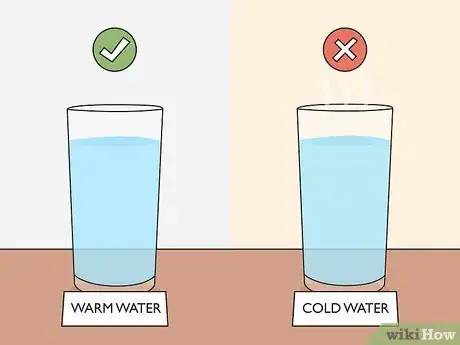
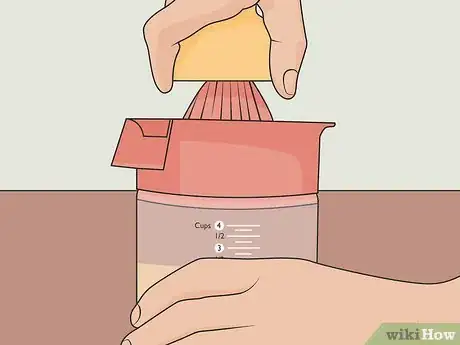
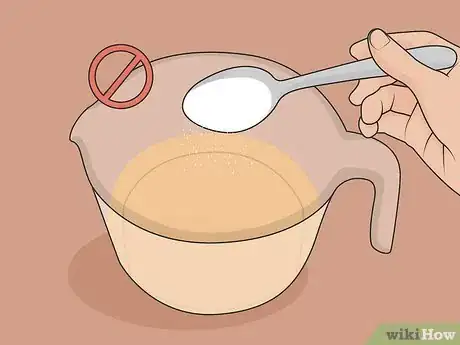
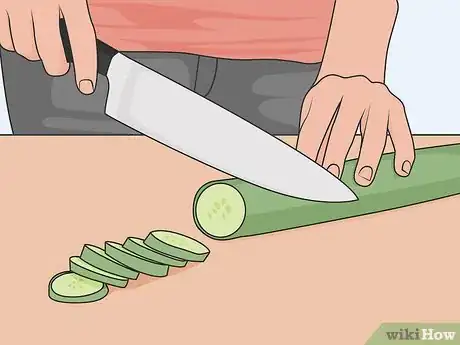
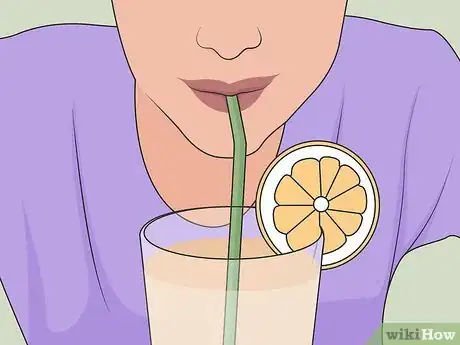
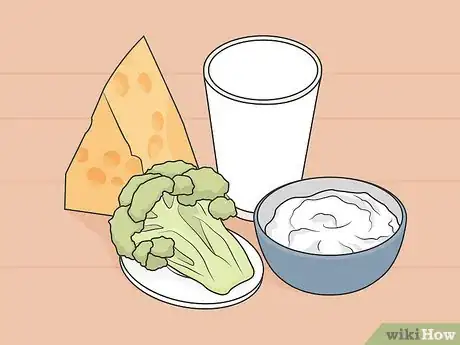
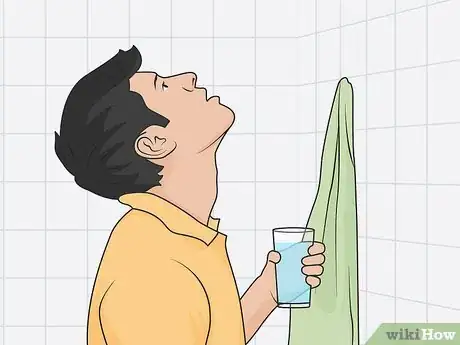
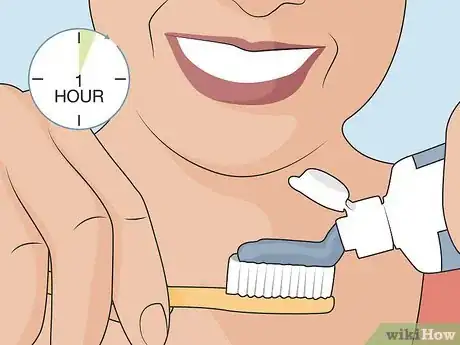
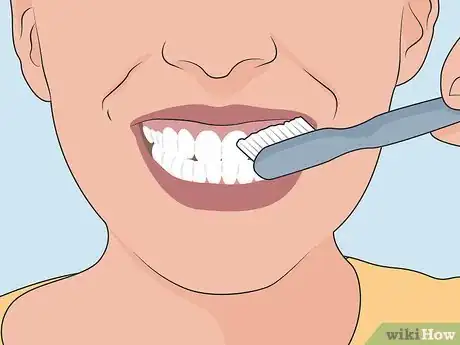
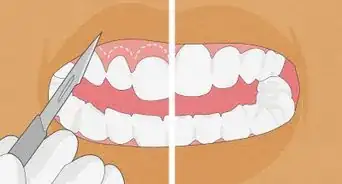
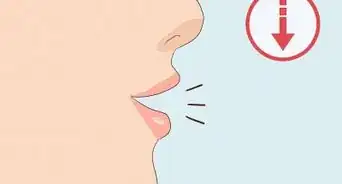
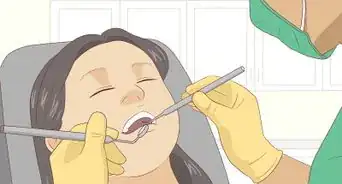
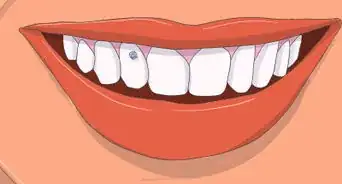
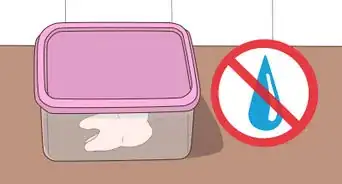
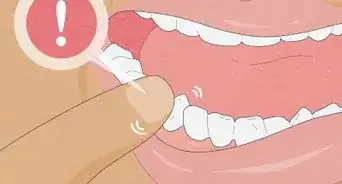

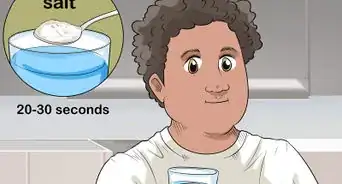













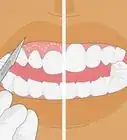
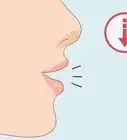

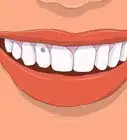



































Medical Disclaimer
The content of this article is not intended to be a substitute for professional medical advice, examination, diagnosis, or treatment. You should always contact your doctor or other qualified healthcare professional before starting, changing, or stopping any kind of health treatment.
Read More...